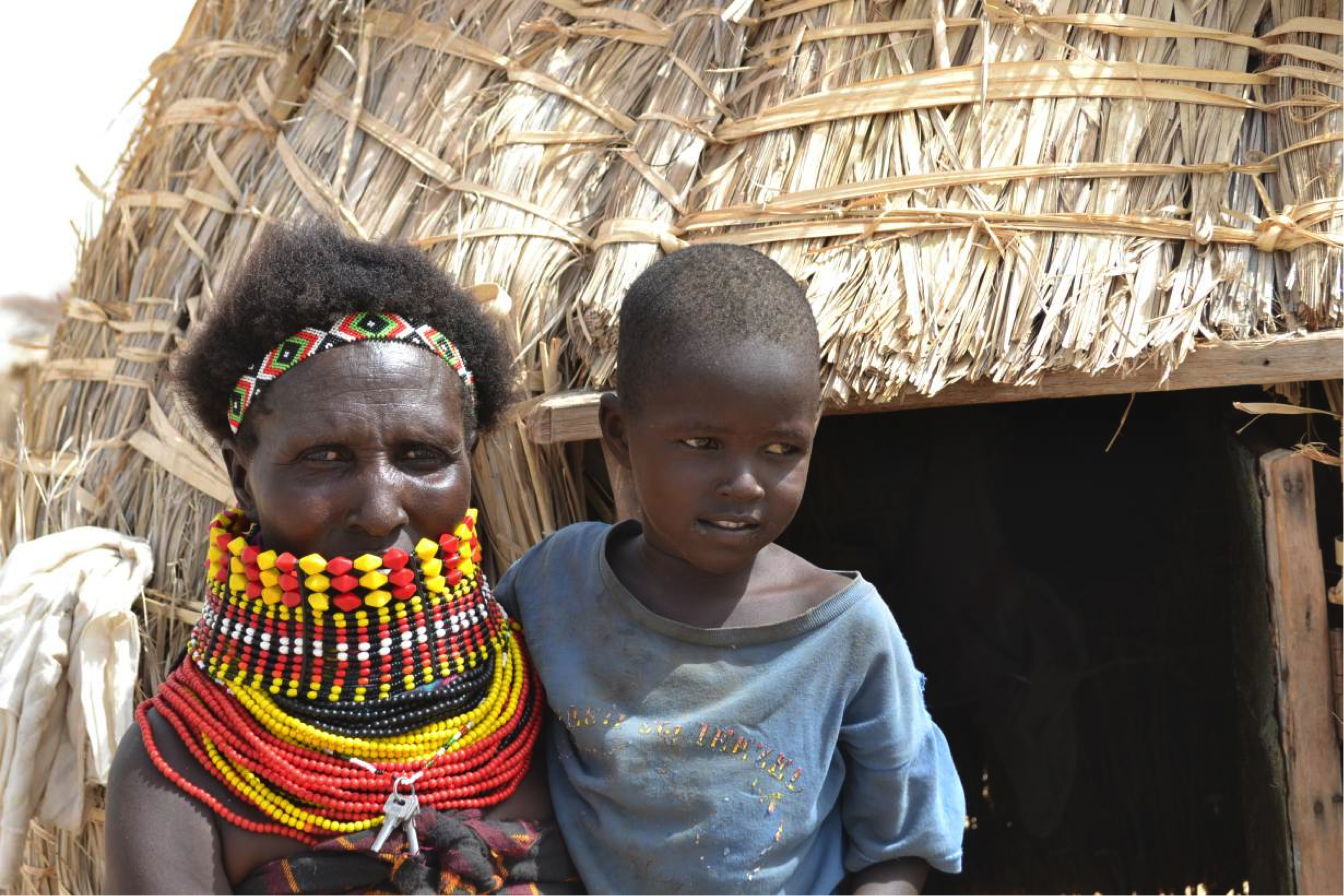 Joyce Ipus with her son. Photo Credit: Isaiah Esipisu, TRFSafety net of cash transfer payments helps persuade families that investing in girls makes good economic sense
Joyce Ipus with her son. Photo Credit: Isaiah Esipisu, TRFSafety net of cash transfer payments helps persuade families that investing in girls makes good economic sense
Wednesday, 5 April 2017 23:05 GMT
The transition to keeping girls in school has not always been an easy one. When Lopungre passed her primary school exams, in 2014, her father began making plans for her marriage.
"That was the main plan, but before marriage arrangements commenced I dug out the money from the ground and, with something in my hands, I convinced my husband that it was time for our daughter to proceed with her education," the girl's mother said.
With memories of the animals that succumbed to the 2011 drought still fresh, her husband finally was persuaded and offered to sell two camels to support his wife's idea.
As a result, Lopungre became one of the 35 girls who started at the new Nakurio Girls Secondary school in 2015. Today the school has 150 girls, nearly all of them from the Turkana community.
"People in this county are slowly changing their mentality. Unlike what happened just 10 years ago, where girls were forcefully married off in exchange with livestock, the same parents are now willing to sell the very livestock in order to pay school fees for their daughters," said Missionary Alfred Areman, the principal at the school and a clergyman at a local Catholic church.
According to Leonard Logilai, who has been the administrative chief in Lorengelup since 1997, many girls started school following the 2011 drought that consumed most of the community's livestock.
"Some (families) have been selling the surviving livestock to pay school fees, while others use part of the HSNP money to settle the fees arrears," he said.
The switch comes on the back of tireless campaigning on the value of keeping girls in school by the church, local officials and humanitarian organisations.
"I have always told my people that when you educate a girl child, you gain double because apart from adding value to her life, she will still get married, through which the parents will still get the much-wanted dowry," said Logilai.
"Once a few girls get it right, they will become role models to others, including parents, and that will help us keep up the campaign to promote girl child education in this area," he said.
(Reporting by Isaiah Esipisu; editing by Laurie Goering :; Please credit the Thomson Reuters Foundation, the charitable arm of Thomson Reuters, that covers humanitarian news, climate change, resilience, women's rights, trafficking and property rights). Visit http://news.trust.org/climate)
